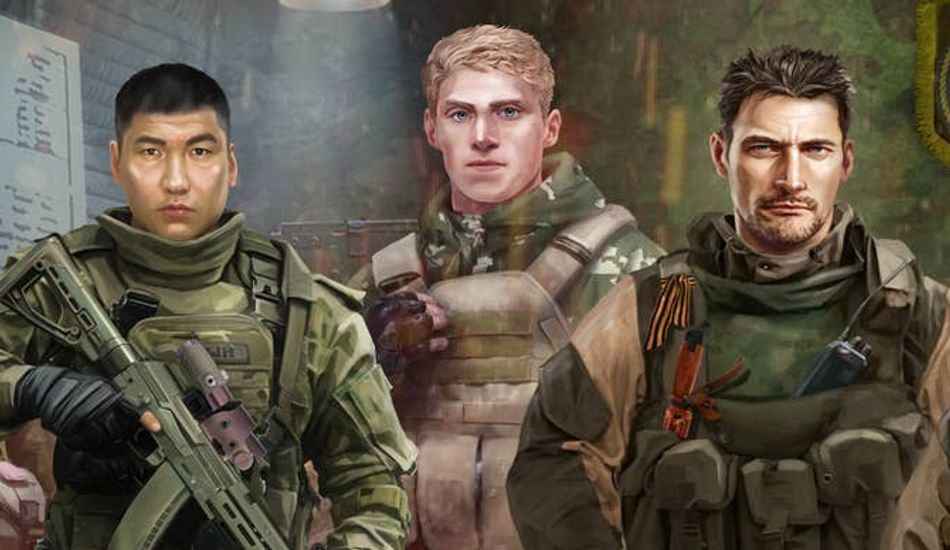
Controversial Russian Military Game on Steam
A new free-to-play tactical shooter, Squad 22: ZOV, has sparked controversy after its release on Steam. Developed by SPN Studio and published by Zarobana Entertainment, the game depicts the 2014 annexation of Crimea and the ongoing conflict in Ukraine from a pro-Russian perspective. The game's description claims historical accuracy based on "people's experience and opinions," but it also boasts an "official recommendation" from the Russian Military for use in cadet and Yunarmy training.
A Questionable Partnership
The game's connection to the Russian Military raises significant concerns. It features missions based on real-life events, including the siege of Mariupol, and even includes a consultant who commanded a platoon during that siege. The game’s title, incorporating the letter "ZOV," references the symbol used on Russian military equipment to show support for the invasion. This explicit tie to the Russian military apparatus creates an environment ripe for the dissemination of pro-war propaganda.
Adding to the controversy, the game utilizes AI in its art creation process and allows for paid content, raising questions about potential financial implications and the extent of the Russian military's involvement. While the game's Steam page features a mix of reviews, negative assessments are increasing, highlighting concerns about the game's biased portrayal of events and the potential for hate speech.
Concerns and Criticisms
The Ukrainian Centre for Countering Disinformation has already identified Squad 22: ZOV as a tool for propaganda, highlighting its role in shaping public opinion and glorifying military service. This highlights the potential impact of such games and their role in disseminating biased narratives. Steam's past stance on allowing most content onto its platform, coupled with recent removals of games due to explicit content or illegal activities, suggests a lack of clear moderation standards in dealing with politically charged games like Squad 22: ZOV. The platform's approach to this controversial title raises further questions about the balance between freedom of expression and responsibility in the gaming industry.
Source: EuroGamer